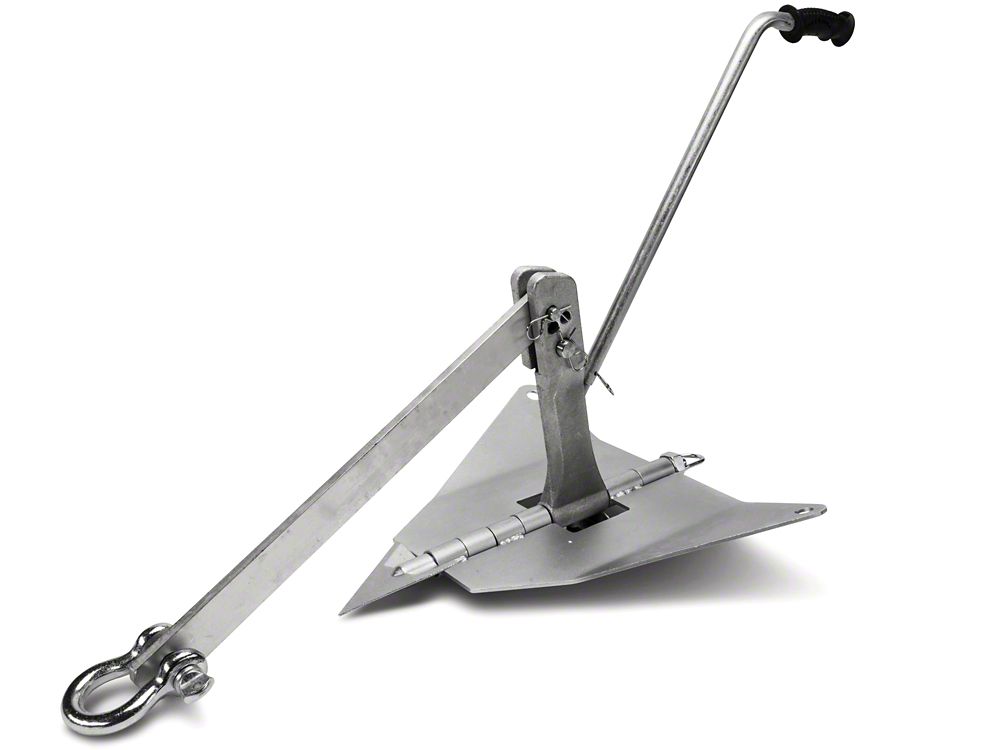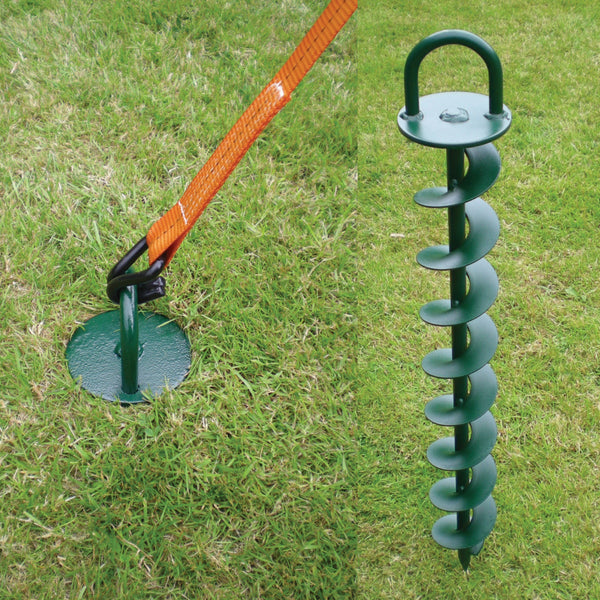A Step-by-Step Guide for Buying and Using a Ground Anchor
A Step-by-Step Guide for Buying and Using a Ground Anchor
Blog Article
Discover the Essential Uses Ground Support in Building and Landscaping
Ground supports are indispensable components in both construction and landscaping, providing crucial security and support throughout various applications. Their role in anchoring hefty equipment and boosting soil retention emphasizes their relevance in promoting safety and sustainability.
Safeguarding Fencings and Gates
Safeguarding fencings and gates is a basic aspect of property delineation and safety in both commercial and household settings. Ground supports play a crucial role in ensuring that these frameworks continue to be stable and effective gradually. By offering a durable anchoring option, ground supports aid prevent fences from leaning or collapsing because of ecological elements such as wind, soil disintegration, or ground motion.
In household settings, properly anchored fencings not just improve the visual charm of a residential property but also offer safety and security and safety and security for animals and family members. Also, in commercial environments, protected fence is important for shielding assets, delineating property limits, and making sure the safety of staff members and customers. Ground supports can be mounted in numerous soil kinds and problems, making them versatile for different tasks.
Additionally, making use of ground anchors permits a much more irreversible remedy compared to conventional techniques, such as concrete grounds, which can be labor-intensive and lengthy. Ground Anchor. This effectiveness is specifically beneficial in landscape design tasks where timelines are vital. Overall, the integration of ground supports right into fencing and entrance setups substantially adds to their long life, capability, and general effectiveness in protecting residential or commercial properties
Maintaining Short-term Frameworks
While momentary structures are typically designed for short-term usage, their stability is crucial for making certain safety and performance throughout their operational period. Ground supports function as an effective remedy for maintaining these structures, which may consist of outdoors tents, phases, or modular buildings. By securing these setups firmly to the ground, ground anchors assist withstand wind uplift and lateral forces that might endanger the stability of the framework.

Moreover, making use of ground supports allows for simple elimination and repositioning of temporary frameworks, making them a suitable selection for building and construction sites or events that need versatility. Overall, ground supports are a vital device in the secure and reliable management of temporary structures, guaranteeing they do accurately throughout their intended usage.
Sustaining Maintaining Wall Surfaces
Using ground supports substantially enhances the structural integrity of preserving walls, which are necessary for taking care of soil erosion and keeping landscape stability. Maintaining wall surfaces go through lateral earth stress, and without appropriate support, they can stop working, leading to costly repair work and possible damages to surrounding frameworks. Ground supports provide a trusted service by transferring the load from the wall surface right into the underlying soil or rock, guaranteeing the wall surface remains secure and upright.
These anchors are generally set up at an established angle and depth, allowing them to withstand the pressures exerted by the maintained soil. By utilizing high-tensile strength materials and appropriate installation methods, ground supports can substantially enhance the wall's efficiency under various environmental problems, consisting of heavy rainfall and seismic activity.
On top of that, using ground anchors can reduce the requirement for substantial excavation and product use, promoting even more lasting construction techniques. This strategy not only improves the durability of maintaining wall surfaces however likewise minimizes the total impact of landscaping tasks. Including ground supports in keeping wall surface layout is an important technique for both construction experts and landscape engineers aiming to ensure lasting security and safety.
Anchoring Heavy Equipment

Ground supports offer a trustworthy approach to secure equipment, distributing pressures uniformly and enhancing stability. The usage of supports permits drivers to work with confidence, specifically when lifting or relocating heavy loads. In addition, in circumstances where machinery have to be positioned on unstable or soft dirt, ground supports can be set up to enhance grasp and protect against devices from sinking or coming to be debilitated.
Carrying out an organized method to anchoring hefty equipment not only improves functional performance but also promotes safety and security requirements on site. Routine evaluations and maintenance of securing systems are crucial to ensure their continued performance. By prioritizing the anchoring of hefty equipment, building and landscape design professionals can produce much safer work atmospheres, ultimately resulting in more successful task outcomes.
Enhancing Dirt Retention

Dirt erosion postures a considerable obstacle in both construction and landscape design jobs, making efficient soil retention strategies necessary. Ground anchors play a vital function in improving dirt retention by giving stability to structures and plants, thereby preventing dirt variation triggered by water drainage and wind.
The installation of ground supports involves installing steel poles or cords deep right into the soil, which are after that safeguarded to retaining wall surfaces, terracing systems, or greenery. This anchoring device not just maintains the soil yet also improves the overall stability of landscape design functions. As an example, in sloped areas, ground anchors can be utilized to support preserving walls, effectively minimizing the risk of landslides and dirt erosion.
Additionally, these anchors help in the establishment of ingrained plants, which further strengthen the dirt framework. By motivating root development, ground supports add to a robust ecosystem that naturally holds soil in location, lowering the need for artificial obstacles or regular maintenance.
Verdict
In final thought, ground supports offer several important features in building and landscape design. Their application in securing fencings and entrances, maintaining short-lived structures, supporting retaining wall surfaces, securing heavy tools, and enhancing dirt retention underscores their value in advertising security and stability. By facilitating these important jobs, ground supports Read More Here contribute considerably to the total integrity of different jobs, making certain durability and sustainability in both property and industrial settings. Their versatility makes them a vital tool in contemporary building methods.
By providing a robust anchoring service, ground supports aid avoid fencings from leaning or falling down due to ecological aspects such as wind, dirt disintegration, or ground motion. - Ground Anchor
By anchoring these installations safely to the ground, ground anchors help withstand wind uplift and lateral pressures that can compromise the stability of the structure.
Utilizing ground supports considerably enhances the architectural integrity of preserving wall surfaces, which are vital for taking care of dirt disintegration and preserving landscape stability. Ground anchors offer a trustworthy solution by transferring the tons from the wall surface right into the underlying soil or rock, guaranteeing the wall remains secure and upright.

Report this page